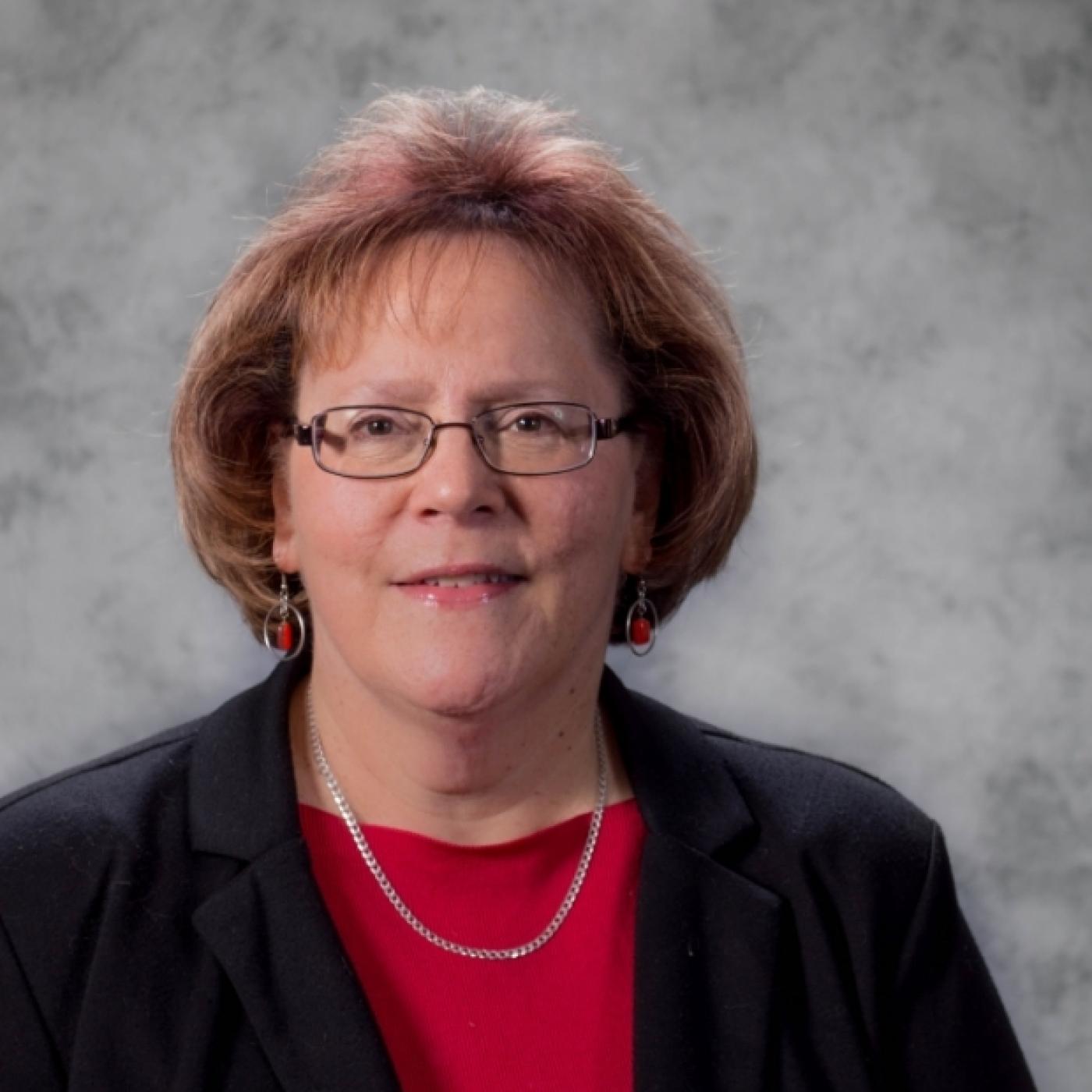Judith L. Page is an Associate Professor in the Department of Communication Sciences and Disorders. She joined the faculty in Communication Sciences and Disorders in 1980.
Dr. Page received her B.S. from the University of Minnesota, her M.A. from the University of Illinois, and her Ph.D. in Audiology & Speech Sciences from Purdue University. She holds Certificate of Clinical Competence in Speech-Language Pathology (CCC-SLP) from the American Speech-Language-Hearing Association.
Scholarly / Research Interests
Dr. Page’s primary areas of interest are communication intervention strategies for persons with severe disabilities and augmentative and alternative communication systems. Other research interests include early intervention, early literacy development, and interprofessional education and practice.
Educational Focus
Dr. Page teaches both undergraduate and masters courses in the Communication Sciences & Disorders program, including CSD 647: Language Disorders in Developmentally Young, CSD 701: Research Methods in Communication Disorders; and CSD 621: Augmentative and Alternative Communication.. She also teaches and mentors doctoral students in formal courses, such as RHB 770: Surviving & Thriving in the Academic Culture and CD 747: Advanced Language Development & Disorders, and in a variety of apprenticeships and independent studies.
Professional Activities
Dr. Page has been an active member of the American Speech-Language-Hearing Association (ASHA), the Kentucky Speech-Language-Hearing Association (KSHA), and the United States Society for Alternative and Augmentative Communication (USSAAC). At the state level, she served on the Executive Council and as President of KSHA and also as chair of the Kentucky Board of Audiology and Speech-Language Pathology. At the national level, she has served ASHA in several capacities, including chair of the Council on Academic Accreditation in Audiology and Speech-Language Pathology, chair of the Clinical Certification Board, member and/or chair of several committees, and most recently President and member of the Board of Directors.
Awards
Dr. Page is a Fellow of the American Speech-Language-Hearing Association, a Fellow of the National Academies of Practice, a recipient of the Honors of the Kentucky Speech-Language-Hearing Association, and a past nominee for the American Speech-Language-Hearing Foundation’s DiCarlo Award for Outstanding Clinical Achievement.
Representative Publications
- Luftig, R.L., Lloyd, L.L., and Page, J.L. (1982). Ratings for sign translucency and gloss concreteness of two grammatical classes of sign. Sign Language Studies, 37, 305-343.
- Culatta, B., and Page, J.L. (1982). Strategies for achieving generalization of grammatical constructions. Communicative Disorders, 7, 31-44.
- Luftig, R.L., Page, J.L., and Lloyd, L.L. (1983). Ratings of translucency in manual signs as a predictor of sign learnability. Journal of Childhood Communication Disorders, 6, 117-134.
- Culatta, B., Page, J.L., and Ellis, J. (1983). Story retelling as a communicative performance screening tool. Language, Speech, and Hearing Services in Schools, 14, 66-74.
- Page, J.L. (1985). Relative translucency of ASL signs representing three semantic classes. Journal of Speech and Hearing Disorders, 50, 241-247.
- Page, J.L., and Stewart, S.R. (1985). Story grammar skills in school-age children. Topics in Language Disorders, 5, 16-30.
- Page, J.L., and Horn, D. (1985). Influence of syntactical complexity on comprehension in conceptually delayed children. Journal of Childhood Communication Disorders, 8, 179-189.
- Page, J.L., and Culatta, B. (1986). Incorporating relational vocabulary teaching into daily classroom activities. Journal of Childhood Communication Disorders, 9, 157-167.
- Page, J.L., and Horn, D. (1987). Comprehension of developmentally delayed children as a function of utterance complexity. Language, Speech, and Hearing Services in Schools, 18, 63-71.
- Farmer, R., Wolery, M., Gast, D.L., and Page, J.L. (1988). Individual staff training to increase the frequency of data collection in an integrated preschool program. Education and Treatment of Children, 11, 127-142.
- Stewart, S.R., Gonzalez, L.S., & Page, J.L. (1997). Incidental learning of sight words during articulation training. Language, Speech, and Hearing Services in Schools, 28, 115-126.
- Rider, J.D(avis)., Wright, H.H., Marshall, & Page, J.L. (2008). Using semantic features analysis to improve contextual discourse in adults with aphasia. American Journal of Speech-Language Pathology, 17, 161-172.
- Wright, H.H., Marshall, R.C., Wilson, K., & Page, J.L. (2008). Using a written cueing hierarchy to improve verbal naming in aphasia. Aphasiology, 22, 522-536.
- LaForme Fiss, A.C., Effgen, S.K., Page, J.L., & Shasby, S. (2009). Effect of sensorimotor groups on gross motor skill acquisition for young children with Down Syndrome. Pediatric Physical Therapy, 21(2), 158-166.
- Howell, D., English, M.L., & Page, J.L. (2011, April). The Rockcastl;e Project: A case study of interprofessioanl clinical education and practice in a rural medical center. Internet Journal of Allied Health Sciences and Practice, 9(2), Article 6.
